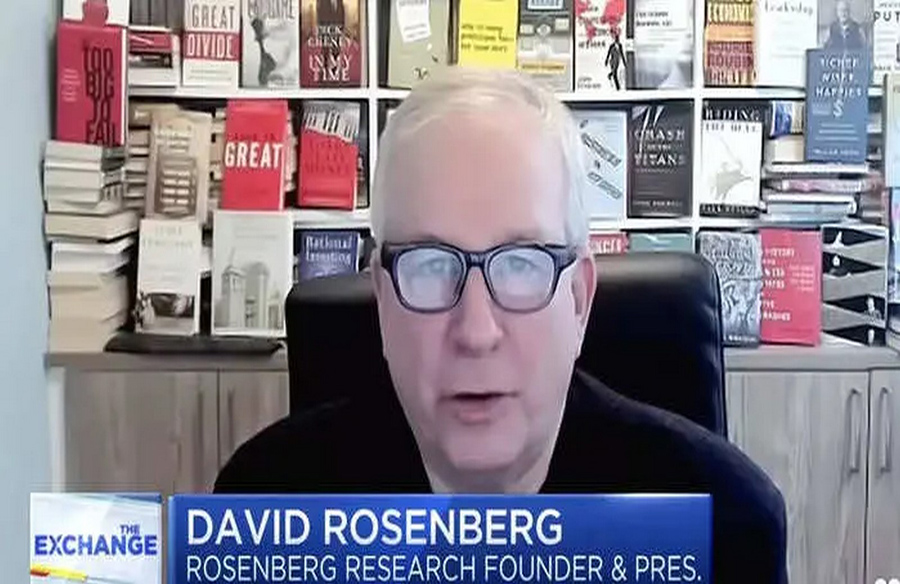Amid widespread celebration of the purported strength of the US economy, prominent economist David Rosenberg offers a nuanced perspective. Contrary to the prevailing narrative, Rosenberg highlights several indicators suggesting that the economy may not be as robust as commonly believed.
Decline in Housing Starts
Rosenberg points out a significant downturn in housing starts, representing the number of new homes where construction has commenced, with a staggering 15% drop recorded in January.
Industrial Production Downturn
Another cause for concern is the observed 0.1% decline in industrial production last month, following a period of stagnation in December.
Retail Sales Slump
Retail sales volumes also experienced a notable decline, dropping by 1.1% in January, signaling potential challenges in consumer spending.
Contraction in Aggregate Hours Worked
Rosenberg emphasizes the contraction in aggregate hours worked, indicating potential labor market challenges despite apparent economic growth.
Chicago Fed’s National Activity Index
Highlighting the significance of the Chicago Fed’s National Activity Index, which integrates 85 macro variables, Rosenberg underscores its consistent negative trend since October 2022. The index’s three-month average suggests subdued real GDP growth, contradicting optimistic forecasts.
Conclusion: A Call for Nuanced Analysis
Rosenberg’s assessment challenges the prevailing narrative of a booming economy, urging stakeholders to delve deeper beyond headline figures. Despite positive GDP and job-market data, these indicators underscore underlying weaknesses that warrant careful consideration. As Rosenberg emphasizes, relying solely on optimistic projections may obscure the nuanced reality of economic conditions.

